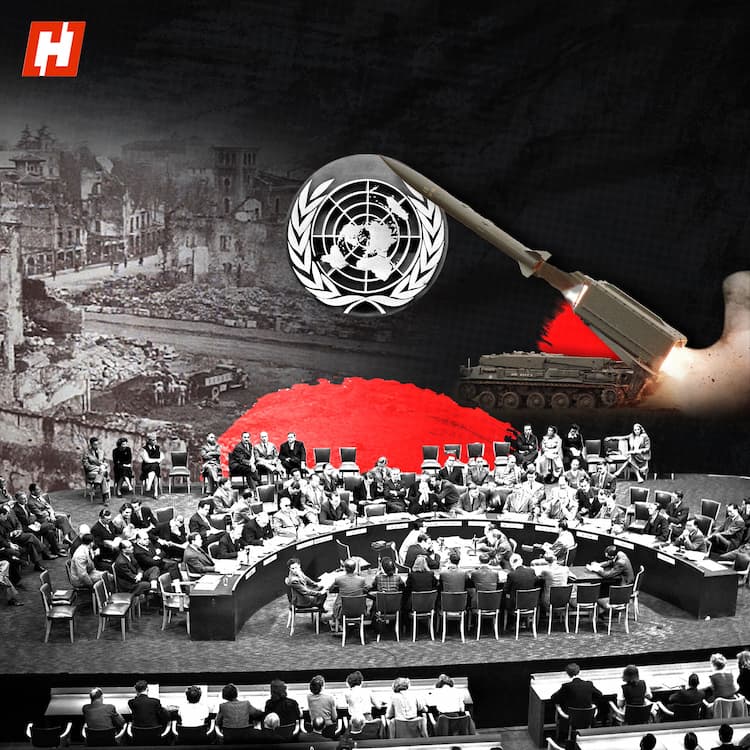Taliban rejecting India's outreach by opting for Trans-Afghan Railway to Pakistan?

Taliban-ruled Afghanistan has decided to expedite the Trans-Afghan railway project, which will connect Central Asia to Pakistani ports. The project has the potential to give a massive boost to trade, by connecting Central Asia to the Arabian Sea. The project has also drawn the interest of Russia and China.
On July 3, Russia became the first country to officially recognise the Taliban government in Afghanistan. It was a major victory for the Taliban, who have been seeking international recognition since they returned to power in 2021.
ALSO READ: Russia first country to recognise Taliban’s Islamic Emirate of Afghanistan
After Russia's formal recognition, Uzbekistan expressed support for Afghanistan. Uzbekistan’s President, Shavkat Mirziyoyev, welcomed a Taliban delegation to a regional forum held in Azerbaijan. The two sides held talks which focused on trade, transit and crucially, railway connectivity. The following day, the Uzbek President held a meeting with Pakistan’s Prime Minister, Shehbaz Sharif. The two leaders made arrangements to expedite the Trans-Afghan Railway Project.
A railway corridor connecting Central Asia to Arabian Sea ports has been touted for decades. The Trans-Afghan Railway proposes to connect Uzbekistan to Pakistan. There are two proposed routes. Both begin at the Uzbek city of Termez, which is a railway hub. It is also Uzbekistan's gateway to Afghanistan.
The Afghanistan-Uzbekistan Friendship Bridge connects Termez to the Afghan border city of Hairatan. The Friendship bridge is a pedestrian, road and rail bridge over the Amu Darya River. It is the only border crossing between the two countries. But the rail portion has been shut since the Taliban takeover. There are plans to reopen the route, and reconnect it to Afghanistan’s largest northern city, Mazar-i-Sharif. This route already exists, but it is in disrepair. The Taliban plan to change that. Once the rail line reopens, the next stage of the Trans-Afghan Railway can proceed.
From Mazar-i-Sharif, the Trans-Afghan Railway will split into two routes. The Eastern corridor will go from Mazar-i-Sharif to Kabul to Peshawar in Pakistan. The Western corridor will go from Mazar-i-Sharif to Herat to Kandahar, to Pakistan’s Chaman. Once the trains enter Pakistan, the cargo can be taken to ports like Karachi or Gwadar. This would allow Uzbekistan and other Central Asian nations to access the Arabian Sea, and boost their international trade.
And the economic possibilities haven’t been lost on the bigger regional players. Russia is heavily involved with the Trans-Afghan railway. It will jointly design the route with Uzbekistan. Moscow and Tashkent are presently conducting a feasibility study. And then there’s the other regional heavyweight, China. China played a pivotal role in normalising ties between Pakistan and Afghanistan. In May, Beijing was the venue for an informal trilateral meeting of foreign ministers from the three countries. It was only after this summit that Islamabad and the Taliban buried the hatchet. They upgraded diplomatic ties and exchanged ambassadors. And now, they have agreed to finalise the Trans-Afghan Railway Project.
It’s both a diplomatic and an economic coup for China. The Trans-Afghan Railway will become a part of China’s Belt and Road Initiative. It will further boost China’s trade connectivity, and Beijing’s influence. So, the Trans-Afghan Railway Project seems like a win for Afghanistan, Pakistan, Uzbekistan and the rest of Central Asia, Russia and China. Basically, everyone in the region. Except one country; India.
Amid all these new developments, India seems to have been sidelined. New Delhi has spent years fostering amicable ties with the Taliban. India has engaged with them ever since they took over. First through backchannels, and then officially. On July 7, India even abstained from a United Nations General Assembly vote which criticised the Taliban. But despite the diplomatic overtures, New Delhi is unable to match the financial firepower of Beijing, or even Moscow.
ALSO READ: Why India wants to befriend the Taliban
But all is not lost yet. The Trans-Afghan Railway’s Western corridor offers a small foothold for India. One branch of the railway could connect to Iran, terminating at the Chabahar port. The Chabahar port, in Iran’s Makran region, is being developed by India Ports Global Limited. Chabahar will allow India to bypass its traditional rival Pakistan, and connect to Afghanistan and then Central Asia via Iran. But, Chabahar will face competition from Pakistani ports at Gwadar and Karachi, thanks to the Trans-Afghan Railway Project.
ALSO READ: Why The Chabahar Gambit Was A Risk Worth Taking For India
But either way, no matter which port is used, the massive rail project is poised to reshape connectivity for Central and South Asia, and beyond. It has the potential to lift millions of Afghans out of poverty, and reintegrate the country into global supply chains.
Trending in Geopolitics

The only Indian ever executed by the Nazis — M. Madhavan

'New world order' that never was: 80 years since World War 2

Why advocates wear black and white

